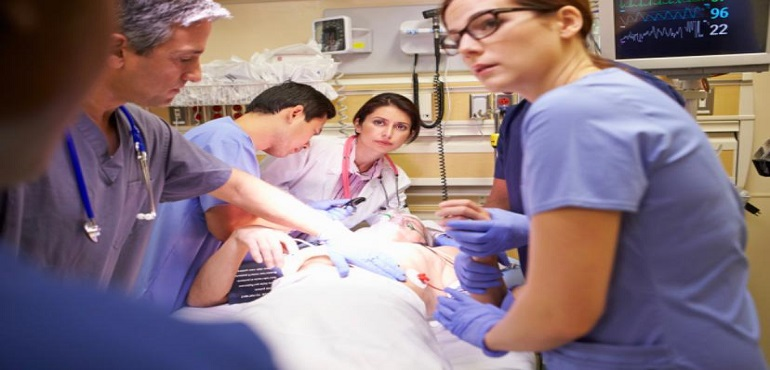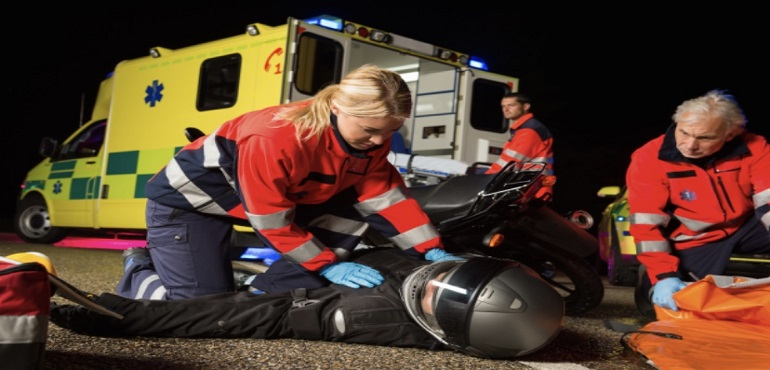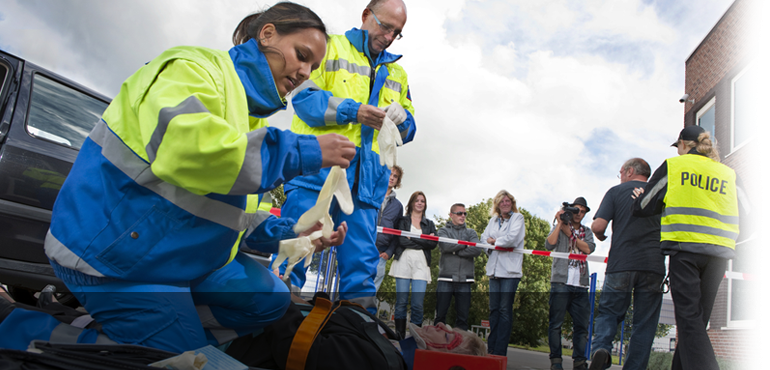| Toll Free : 1844 495 7333(injury hotline- new cases only) | |
| Text a Personal Injury Lawyer 24/7 and get instant help.TM (416 931 5015) | |
| Head Office : 905 495 7333 |
Defensive Driving: It Can Help You Avoid Accidents
October 8, 2017Brampton personal injury lawyers know from experience that accidents aren’t always “accidental.” With a little care and vigilance, they’re usually avoidable and preventable.
Unfortunately, they can result in life-changing consequences for those who have been injured and their families. All road users have a duty to share the road in a responsible manner so that they don’t endanger the safety of others. The injured are entitled to seek compensation from those whose fault or negligence caused the accident, and the resulting kinds of damage and injury they have suffered.
Contact the nearest personal injury lawyer in Brampton if you or a dear one has suffered injuries in a motor-vehicle accident. We can provide the right kind of advice and assistance.
Driving Habits
The Ontario Ministry of Transport Driver’s Handbook describes what it takes to be a safe and responsible driver. Most of us learn the mechanics and techniques of driving from a professional driving-school, but we are left to pick up etiquette, courtesy, duties and responsibilities and road-sharing more or “less on the job.”
Co-operation and discipline play a huge role in responsible road-use and our own individual personalities come into play when we get behind the wheel. We seldom evaluate our driving habits, the role of the driver, our behavior etc and assess whether they may be contributory factors in case of an accident.
Defensive Driving
Today’s roads and high-speed expressways with powerful, fast-moving vehicles of all shapes and sizes can be a challenge for most drivers, whether experienced or inexperienced.
Defensive driving essentially involves driving to “save lives, time and money, in spite of conditions around you and the actions of others.” It helps drivers to anticipate and avoid collisions, despite adverse conditions and other people’s mistakes.
The main principles of defensive driving include:
- Visibility
- Space
- Communication
Visibility involves seeing and being seen. Staying aware of traffic ahead and behind and on your sides is crucial. This can be done by frequent checks of your mirrors so that you’re not caught by surprise. Using your indicators and signal lights as required, hazard lights in poor visibility etc can help you remain visible.
Space management is very important. Maintaining the right distance helps to build a cushion around you so that you have enough space and time to maneuver and react.
Communication with all who share the road with you helps to maintain a co-operative environment. Signal your intentions clearly and well ahead, maintain eye contact with pedestrians or cyclists. Though honking is generally considered rude, if necessary, don’t hesitate to use the horn.
The Canada Safety Council lists the following essential principles:
- Knowledge of traffic laws and responsible safety practices
- Alertness in attending to changing traffic conditions
- Foresight in anticipating and predicting unsafe actions of other drivers
- Judgment in making decisions of least risk
- Skills in adjusting to the fast-changing environment
The standard collision avoidance formula consists of:
- Recognizing the hazard
- Knowing the defense
- Acting in time
Accidents can happen in spite of your best efforts, but our experienced Brampton car accident lawyers can assist you with the compensation process and ensure that your interests are protected.
Defensive Driving: It Can Help You Avoid Accidents
October 8, 2017Brampton personal injury lawyers know from experience that accidents aren’t always “accidental.” With a little care and vigilance, they’re usually avoidable and preventable.
Unfortunately, they can result in life-changing consequences for those who have been injured and their families. All road users have a duty to share the road in a responsible manner so that they don’t endanger the safety of others. The injured are entitled to seek compensation from those whose fault or negligence caused the accident, and the resulting kinds of damage and injury they have suffered.
Contact the nearest personal injury lawyer in Brampton if you or a dear one has suffered injuries in a motor-vehicle accident. We can provide the right kind of advice and assistance.
Driving Habits
The Ontario Ministry of Transport Driver’s Handbook describes what it takes to be a safe and responsible driver. Most of us learn the mechanics and techniques of driving from a professional driving-school, but we are left to pick up etiquette, courtesy, duties and responsibilities and road-sharing more or “less on the job.”
Co-operation and discipline play a huge role in responsible road-use and our own individual personalities come into play when we get behind the wheel. We seldom evaluate our driving habits, the role of the driver, our behavior etc and assess whether they may be contributory factors in case of an accident.
Defensive Driving
Today’s roads and high-speed expressways with powerful, fast-moving vehicles of all shapes and sizes can be a challenge for most drivers, whether experienced or inexperienced.
Defensive driving essentially involves driving to “save lives, time and money, in spite of conditions around you and the actions of others.” It helps drivers to anticipate and avoid collisions, despite adverse conditions and other people’s mistakes.
The main principles of defensive driving include:
- Visibility
- Space
- Communication
Visibility involves seeing and being seen. Staying aware of traffic ahead and behind and on your sides is crucial. This can be done by frequent checks of your mirrors so that you’re not caught by surprise. Using your indicators and signal lights as required, hazard lights in poor visibility etc can help you remain visible.
Space management is very important. Maintaining the right distance helps to build a cushion around you so that you have enough space and time to maneuver and react.
Communication with all who share the road with you helps to maintain a co-operative environment. Signal your intentions clearly and well ahead, maintain eye contact with pedestrians or cyclists. Though honking is generally considered rude, if necessary, don’t hesitate to use the horn.
The Canada Safety Council lists the following essential principles:
- Knowledge of traffic laws and responsible safety practices
- Alertness in attending to changing traffic conditions
- Foresight in anticipating and predicting unsafe actions of other drivers
- Judgment in making decisions of least risk
- Skills in adjusting to the fast-changing environment
The standard collision avoidance formula consists of:
- Recognizing the hazard
- Knowing the defense
- Acting in time
Accidents can happen in spite of your best efforts, but our experienced Brampton car accident lawyers can assist you with the compensation process and ensure that your interests are protected.








